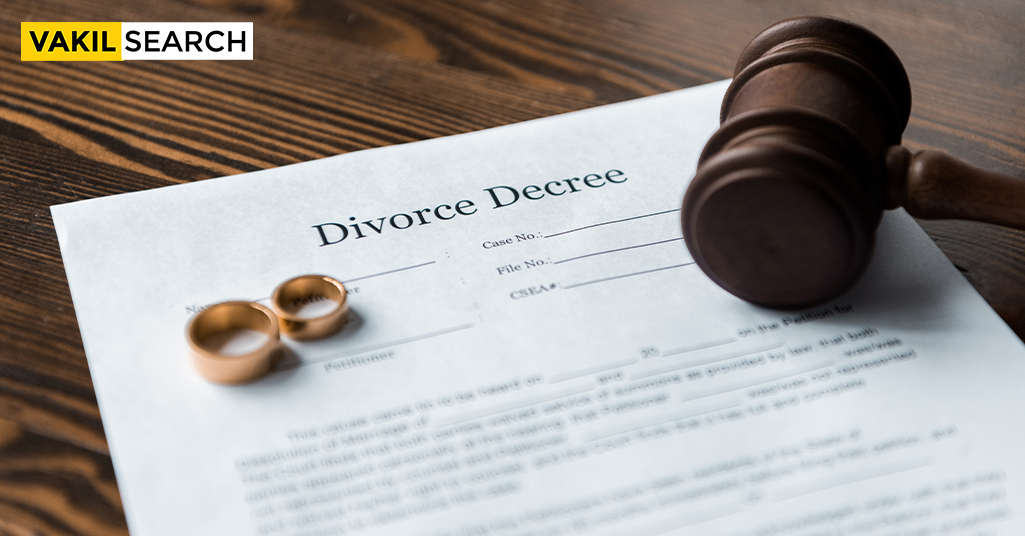On 4th November 2020, the Supreme Court ruled that wives and minor children will now be able to receive maintenance from the date of applying for maintenance. This has ensured uniformity of grant of maintenance available under various legislations. It has also filled a lacunae that existed in the Hindu Marriage Act (HMA) as well as Hindu Adoption and Maintenance Act (HAMA) which did not specify when maintenance order would be enforceable.
In India, marriage and divorce laws constitute personal laws that vary from religion to religion. While there are some uniform civil laws applicable to all citizens, certain aspects of divorce like custody and maintenance are largely dictated by the religion practised by the spouses in question. Let’s further check out the Maintenance Rights under Various Personal Laws in the blog.
Maintenance is essentially financial support given by order of the court by one spouse to another, to support their living expenses. Generally, it’s not just the financially weaker spouse, but also the children who are equally entitled to receive such financial help. Below, we have attempted to explain the various laws applicable to separating spouses of various religions, with regard to maintenance.
Maintenance rights as per Hindu laws:
A divorced Hindu (includes Buddhists, Jains and Sikhs) woman is provided with the right to claim maintenance under both the Hindu Marriage Act of 1955 and the Hindu Adoption and Maintenance Act, 1956. The quantum and other specifics as to the maintenance will be decided by the family courts on a case to case basis.
The provision for maintenance under Hindu laws is relatively more straightforward as compared to other personal laws.
Maintenance rights as per Christian laws:
In the case of Christian Law, the topic of maintenance is governed by the Indian Divorce Act: https://legislative.gov.in/sites/default/files/A1869-4.pdf. The quantum of maintenance is restricted by the act to not more than 1/5th of the husband’s income. However, the wife would only be eligible for this maintenance amount if she does not remarry and ‘remains chaste ‘. Other factors that courts may take into account include income and property of each spouse, behaviour of each spouse, the reason for divorce, etc.
Click here to know more about mutual divorce process
Maintenance rights as per Muslim laws:
Under Muslim laws, a husband is liable to maintain his wife as well as family. The concept of maintenance under Muslim Law is referred to as nafaqa, and is deemed to include expenses associated with food, sustenance, and lodging. Usually, the wife is entitled to maintenance from the husband, even if it is established that she has adequate means to maintain herself.
If the couple has a child during the time of separation, the wife may claim maintenance for the child till the time she remarries or for as long as the child remains dependent. Moreover, if during the period of divorce the wife is pregnant, she is entitled to claim maintenance for a period of at least two years from the date on which the child is born.
The maintenance of Muslim women is predominantly governed by the Muslim Women (Protection of Rights on Divorce) Act, 1986.
Maintenance rights as per Parsi law:
In Parsi Law, the concept of maintenance is largely similar to that under Christian laws, with one significant difference. In the case of Parsis, husbands may also claim maintenance. The precondition of chastity is applicable to Parsis as well, and the maintenance amount may not be beyond 1/5th of the relevant spouse’s income.
Apart from the religion-specific provisions mentioned above, it may be noted that a separating wife may also claim maintenance under Section 125 of the Code Of Criminal Procedure, 1973.
Conclusion
Our hope is that you will have found the information provided to you regarding your concern useful; however, if you need additional assistance, please do not hesitate to leave a comment to let us know.
Read More:










